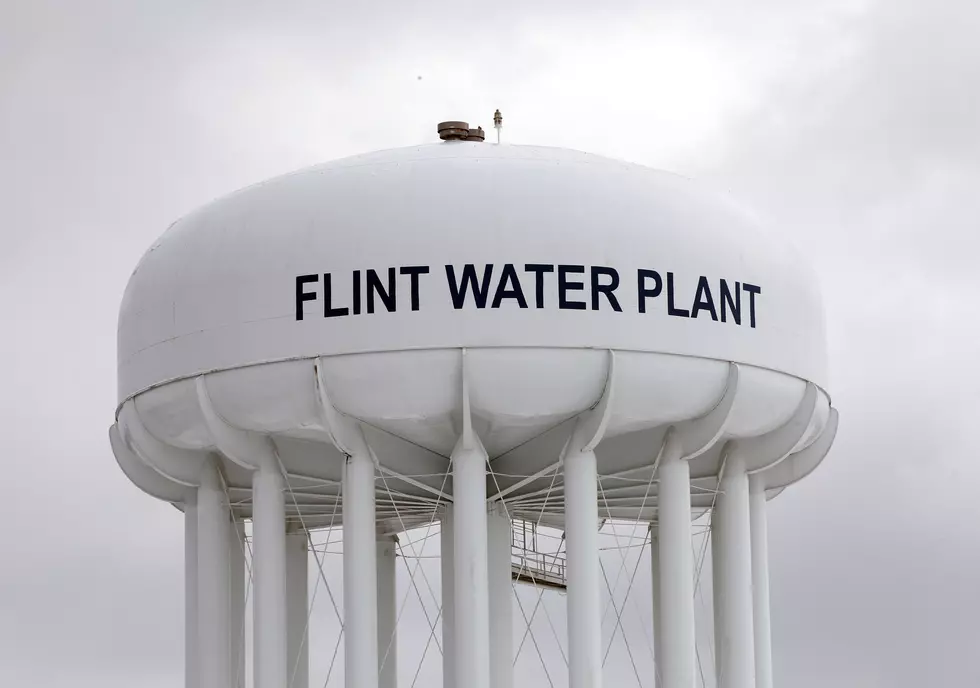EPA Memo Implies Flint’s Not Worth Going ‘Out On a Limb For’ [VIDEO]
A new EPA memo has come to light in the Flint water crisis congressional hearing, and, regardless of its context, a quote saying Flint may not be "a community we want to go out on a limb for" is a huge black eye for the federal agency.
Today's happenings in the Flint water crisis House Oversight Committee hearing have been intense. We've seen both former Flint Emergency Manager Darnell Earley and a former EPA employee get absolutely roasted for their alleged involvement, or negligent lack thereof, in the crisis. Honestly, it's been really good viewing. Former Flint Mayor Dayne Walling was also among those questioned before the committee, but his questioning was much less contentious.
Perhaps one of the day's biggest revelations was the release of an EPA memo from the September 24, 2015, which was the same day Hurley doctors urged residents to stop using Flint water because of lead. The email exchange between EPA employees questioned whether or not Flint was a community worth "going out on a limb for." The statement was in response to a suggestion the agency set aside funds for the purchase of home treatment systems and can be seen below:
"Here is information regarding the use of DWSRF set-asides. We've included information on Flint's financial practices as we think Susan needs to be aware. Perhaps she already knows this, but I'm not so sure Flint is the community we want to go out on a limb for. At least without a better understanding of where that money went."
The highlighted part of that statement can be seen in the House Oversight Comittee's tweet below, but the rest is tougher to see at first glance. The initial email criticized Flint's history of squandering public funds, and reads as follows:
"This is STPB recommendation to the Front Office on possible use of set-asides to purchase home treatment devices. I told Steve Tom P and I concurred. See highlighted in red below Flint's poor financial practices. This is what Highland park was doing, and why they eventually went bankrupt---using water revenues to pay for general public works projects, and not maintaining rates to support O&M of the water system."
While the Flint water crisis was a failure on multiple levels, these dismissive EPA emails that seem more concerned with Flint's prior financial problems than they are the residents' well-being do not make them look very good.
More From WBCKFM
![Flint Water Film Narrated by Alec Baldwin to Open Days After Deadly Movie Set Shooting [VIDEO]](http://townsquare.media/site/87/files/2020/02/GettyImages-1182526671.jpg?w=980&q=75)








